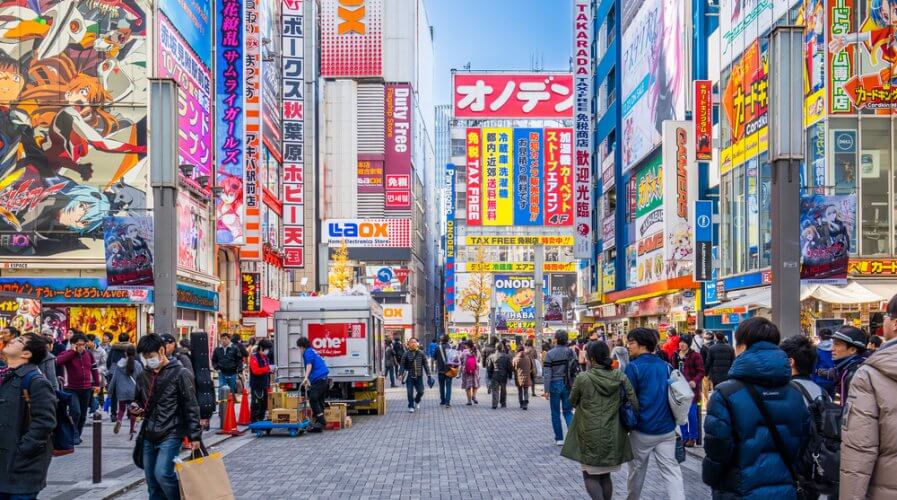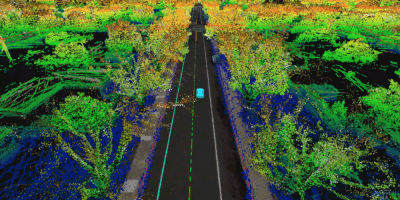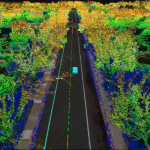
Japan to support ASEAN smart city network with AI and networked devices. Source: Shutterstock
Should ASEAN partner with Japan to build its smart cities?
JAPAN wants to develop more smart cities, at home and abroad, and sees artificial intelligence (AI) and networked devices as the technologies to help do it.
At the 32nd ASEAN Summit in Singapore in April, the 10 member countries jointly announced the ASEAN Smart Cities Network (ASCN) program and named 26 pilot cities that will work towards the common goal — developing environmentally friendly smart cities.
Later, in November, at the 21st ASEAN-Japan Summit commemorating the 45th Anniversary of ASEAN-Japan friendship and co-operation, Japanese Prime Minister Shinzo Abe pledged support for the ASCN program.
Japan, who has been working on smart city innovations for almost a decade now, seems to have an edge in terms of using technology to build infrastructure that meets the needs and expectations of residents and businesses.
According to a recent study by the Japan International Cooperation Agency (JICA) Research Institute, Japan’s smart city dominance is supported by large well-established actors in the public sector and the electric and electronics industries.
The Japanese government is also credited with the ability to leverage knowledge and technological domains primarily focusing on renewable energy, energy storage, community energy management, and applications for home appliances and electric vehicles in the development of its smart city infrastructure.
The report highlights that policies and regulations that influenced the innovation system of smart cities include:
- Economic incentives to promote renewable energy technologies
- Liberalization of energy markets for new entrants, participatory processes of road-mapping on key technologies
- Localization of demonstration projects reflecting specificities
- Standard setting for component technologies
- Platform creation for stakeholder partnerships including academia, industry, government, and civil society
Hence, it seems like a great idea for Japan to aid members of ASEAN with the new ASCN program.
According to the Nikkei Asian Review, Vietnam is seeking technical assistance and training to design and run a traffic control system in Hanoi that can help direct emergency responses by firefighters, ambulances, and police.
Mandalay in Myanmar, on the other hand, is looking to use data analysis to ease traffic congestion, while Jakarta in Indonesia seeks to introduce cashless payments for mass transit.
Japan, having established itself as a capable player in the world of smart cities, with the ability to showcase success in each of those ambitions, is in a unique position to lend assistance in the form of funding and technological know-how.
Some experts see Japan’s move as an alternative to China’s Belt and Road Initiative.
While the latter is spending billions to help nations across the world develop their rail and road infrastructure, Japan might have a greater appeal as it offers quality infrastructure assistance for sustainable economic growth.
However, as things stand, Japan definitely seems to be a credible partner to the ASCN program and other smart city initiatives in the region.
READ MORE
- The criticality of endpoint management in cybersecurity and operations
- Ethical AI: The renewed importance of safeguarding data and customer privacy in Generative AI applications
- How Japan balances AI-driven opportunities with cybersecurity needs
- Deploying SASE: Benchmarking your approach
- Insurance everywhere all at once: the digital transformation of the APAC insurance industry






